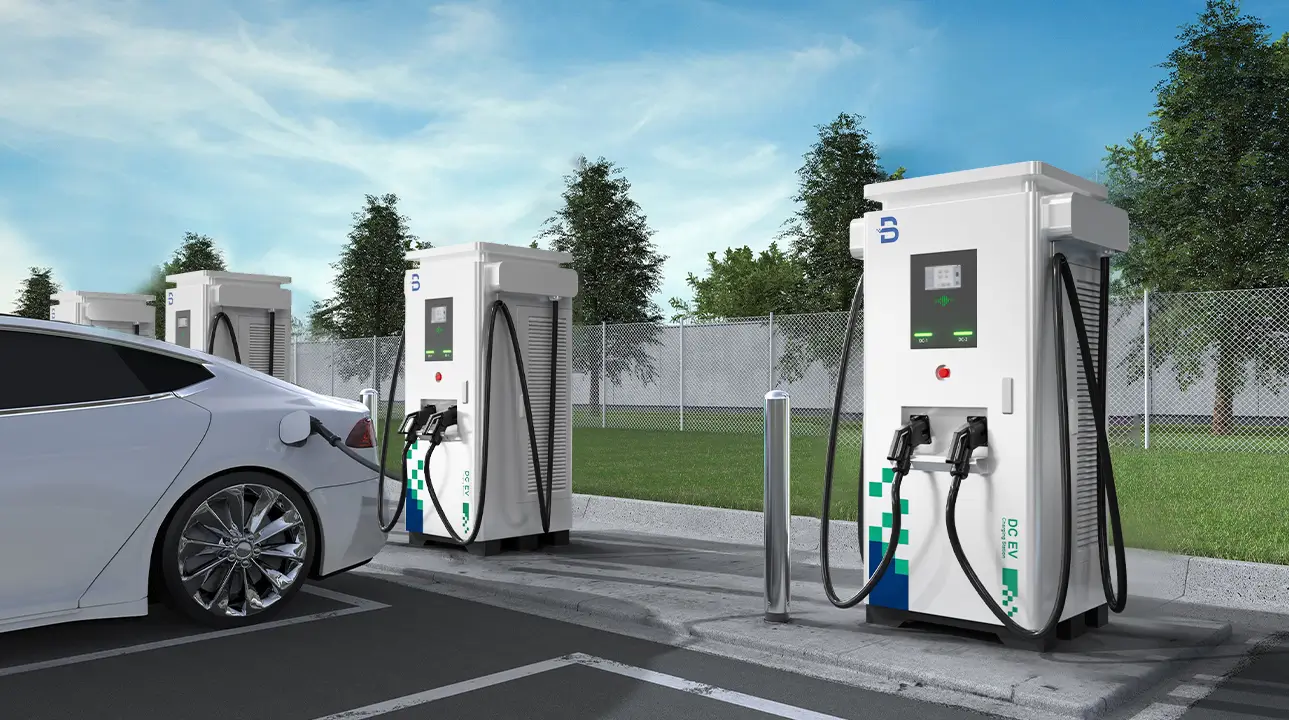⚡️ Read the full article on Motorious
The car chip shortage is getting worse, and nobody seems to be safe now…
The latest victim in the ongoing microprocessor chip shortage for the automotive industry is Toyota’s North American operations. As reported in multiple major media outlets, production of Toyotas on this continent is being scaled back as the auto giant feels the pinch after sidestepping it previously. The chip shortage has been blamed by many on the coronavirus pandemic in Southeast Asia, where the vast majority of microprocessors for vehicles are manufactured, but other factors have cut production dramatically.
Used car prices are high but have stabilized, at least for now. Learn what’s going on here.

Production of Toyotas in North America will be slashed by a whopping 40 percent, affecting lines at 14 different assembly plants. That means in August alone Toyota believes it will make between 60,000 to 90,000 fewer vehicles than normal. The effect on the market will surely be significant, just like we’ve seen as Ford, GM, and other automakers have struggled to get new cars, trucks, and SUVs to consumers.

According to Toyota, North American sales for the second quarter of 2021 were about 661,000 vehicles, 376,000 more than during Q2 of 2020. With a 10-15% drop in production, you’ll still be able to find some new cars at dealerships, depending on what model you want.
The situation is even more dire in Japan, where the automaker will idle entire plants for the month of September to conserve its dwindling chip supply. Other factories will see a reduction in production. Facilities in Thailand have been shut down temporarily. In total, the company says worldwide manufacturing will drop by 360,000 vehicles for September. However, Toyota still believe it will make 9.3 million vehicles this year since it calculated for some setbacks thanks to COVID-19.

Fortunately, PBS is reporting the drop in production won’t come with layoffs in North America as Toyota doesn’t think this will “have an impact on staffing levels.” Hopefully that continues to be the case as this situation develops.
Back in late May we ran a feature on how Toyota had completely sidestepped the ravages of the car chip shortage in North America. Yes, the auto giant had scaled down production in other markets, but it was running factory lines like normal here, a fact which was amazing considering the size of the company. Well, some Ford, GM, and Chrysler fans took that news personally, but they’re probably yucking it up at the moment because Toyota is now suffering. What they failed to realize is we didn’t like hearing that Ford was really taking it on the nose with the chip shortage, while GM and Stellantis were both suffering quite a bit.

In a market when supply becomes constrained, prices for products and their alternatives rise. That’s true whether it’s Toyotas, Dodges, Chevrolets, or Fords which suddenly aren’t as plentiful as before. Both new and used car prices are ridiculous. It seems used car prices are starting to level out, but they’re not falling. But this development with Toyota might change that. In other words, we all suffer as a result of Toyota’s stumbling. For that reason alone, we aren’t celebrating chip shortages for anyone. We wish instead there were a surplus of chips for the entire industry.

The chip shortage seems to have been driven by a variety of factors, although most news outlets focus almost exclusively on the novel coronavirus. As Fortune noted recently, the freak winter storm which hit Texas in February shuttered semiconductor factories there. Then a drought in Taiwan at about the same time constrained manufacturing there. In March there was a fire at a Renesas factory in Japan, one of the key chip suppliers for the auto industry. Call it a series of unfortunate events, the end result is cars both new and used are overly expensive as automakers struggle to make new ones.
Sources: PBS, Reuters, Fortune
Sign up for the Motorious Newsletter. For the latest news, follow us on Facebook, Twitter, and Instagram.





More Stories
Moon | Cartype
Rivian, Mercedes-Benz Joint Venture Paused
We Blew Up Our $5000 Drag Car ~ Can We Getting Fixed In Time? – Humble Mechanic